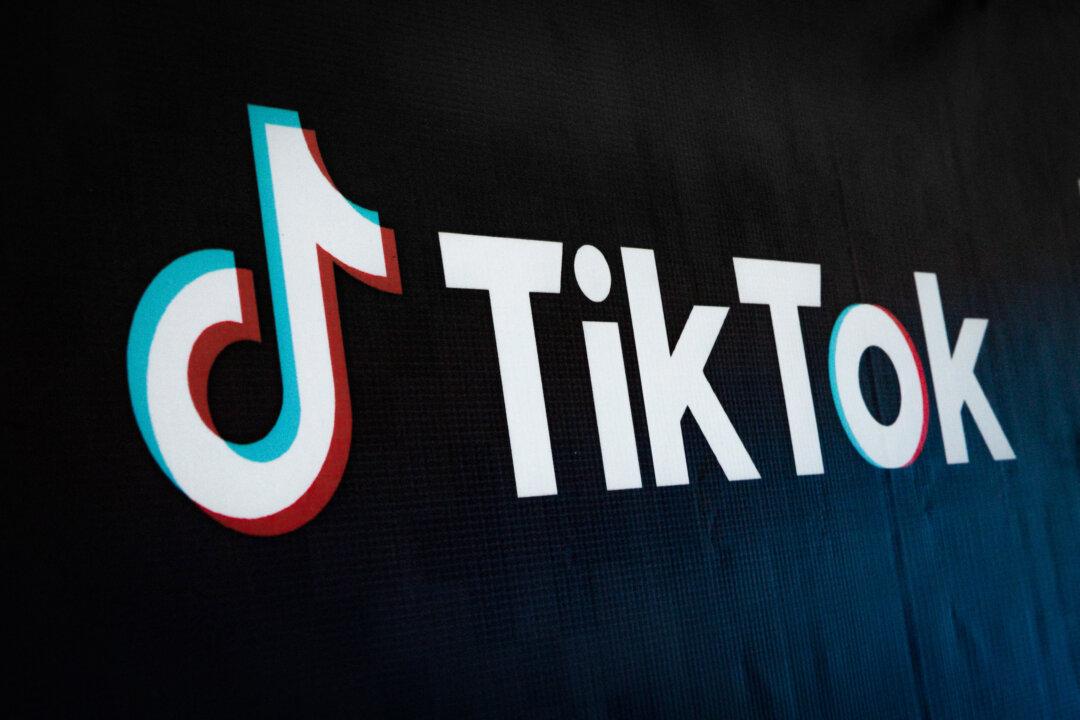The federal government ordered a national security review of the Chinese short-video streaming app TikTok in September 2023, but did not publicly disclose the probe.
“This is still an ongoing case. We can’t comment further because of the confidentiality provisions of the Investment Canada Act,” said a spokesperson for Innovation Minister Francois-Philippe Champagne in a statement to The Canadian Press.





